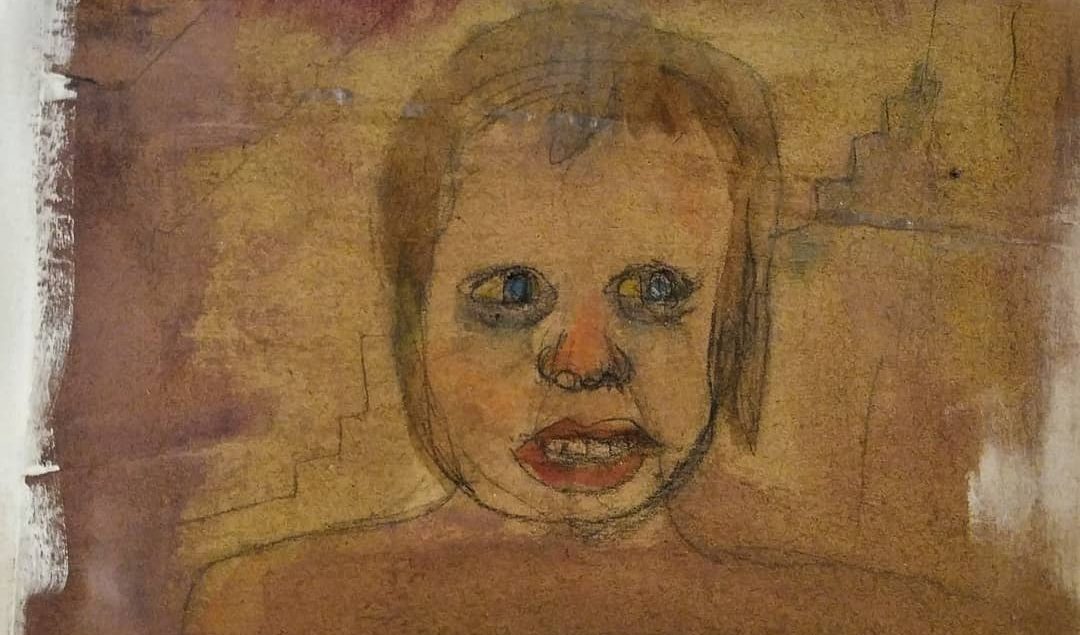melancholy
(ˈmelənˌkɑli) (noun plural -cholies)
- 1.
A gloomy state of mind, esp. when habitual or prolonged; depression. Sober thoughtfulness; pensiveness
- 2.
Black bile: in medieval times considered to be one of the four humors of the body, to come from the spleen or kidneys, and to cause gloominess, irritability, or depression
Aristotle said: «Great men are always of a nature originally melancholy». At the time of ancient Greeks, the ranks of melancholies counted mythological heroes and philosophers such as Hercules, Heraclitus and Democritus – Saturn, the architect of the world, was (and still is) their chief God.
Melancholy secretly pulled the strings of human’s creativity ever since. It wound its own way throughout the ages – even Renaissance humanism and Romanticism drew on it, pursuing innovation. This unsettling lighthouse beaconed Baudelaire, who came up with the Spleen, Virginia Woolf, Samuel Beckett and some recent mental landscapes.
Modern definitions of melancholy overlap myth. When it descends upon us, it takes with it the feeling of living behind a film that can’t be pierced, like a house without windows from which there’s no escape. It doesn’t matter if the film or the walls are soft or hard, opaque or transparent.
The eye of those who look at world beyond any perspective can be thoughtful or even sweetly nostalgic. Artists – and paintings – grow on the backbone of this view. Our withheld passions, deeply rooted in our experience, are the driving force behind the shimmering vision of the artist. It’s the beginning of art’s creation, taking place on the path of a journey begun thousands of years ago.

Share your thoughts